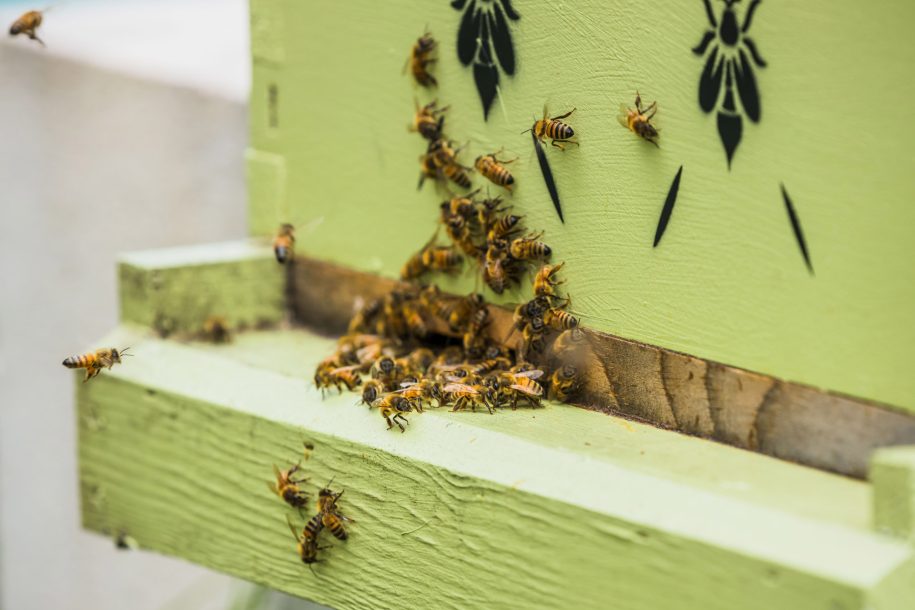Agricultural Exemptions For Honey Bees In St. Johns County
How To Receive An Agricultural Land Classification For Honey Bees In St. Johns County, Florida
We have had many requests for information regarding Agricultural Exemptions for Honey Bees in St. Johns County. After a little research and a few phone calls we were able to secure the following information and guidelines on how to qualify for this exemption. The Agricultural Land Classification Guidelines PDF, put together by the St. Johns County Property Appraiser, should be helpful in determining if you are eligible to receive an agricultural land classification.

“Only lands primarily used for bona fide agricultural purposes are eligible to receive an agricultural land classification”. So, what does “bona fide” mean? According to the exemption specialist that I spoke with from the St. Johns County Property Appraiser’s office, “bona fide agricultural purposes” means good faith commercial agricultural use of the land. “Commercial” is the key word when referring to the agricultural land classification for honey bees. The University of Florida’s Honey Bee Research and Extension Laboratory defines the three classifications of beekeeping as;
| Backyard (Hobbyist) Beekeepers | 1-10 Colonies |
| Sideline Beekeepers | 11-250 Colonies |
| Commercial Beekeeper | 251+ Colonies |
The St. Johns County Property Appraiser’s office uses this formula when determining a “bona fide commercial honey bee operation”. In addition, they utilize the Florida Department of Agriculture and Consumer Services (FDACS) Beekeeper Registration information to verify the amount of honey bee colonies registered with the state of Florida for the applicant. Application for agricultural land classification must be received by the Property Appraiser’s Office on or before March 1st of the application year. The initial application is made on the DR-482 Application and Return for Agricultural Classification of Land form. January 1st of each year is the effective assessment date. The business needs to be established and the subject property must be used for the intended classification on or before this date. The income produced must sustain the entire venture, so generating revenue is key. An IRS 1040 Schedule F must be provided.
